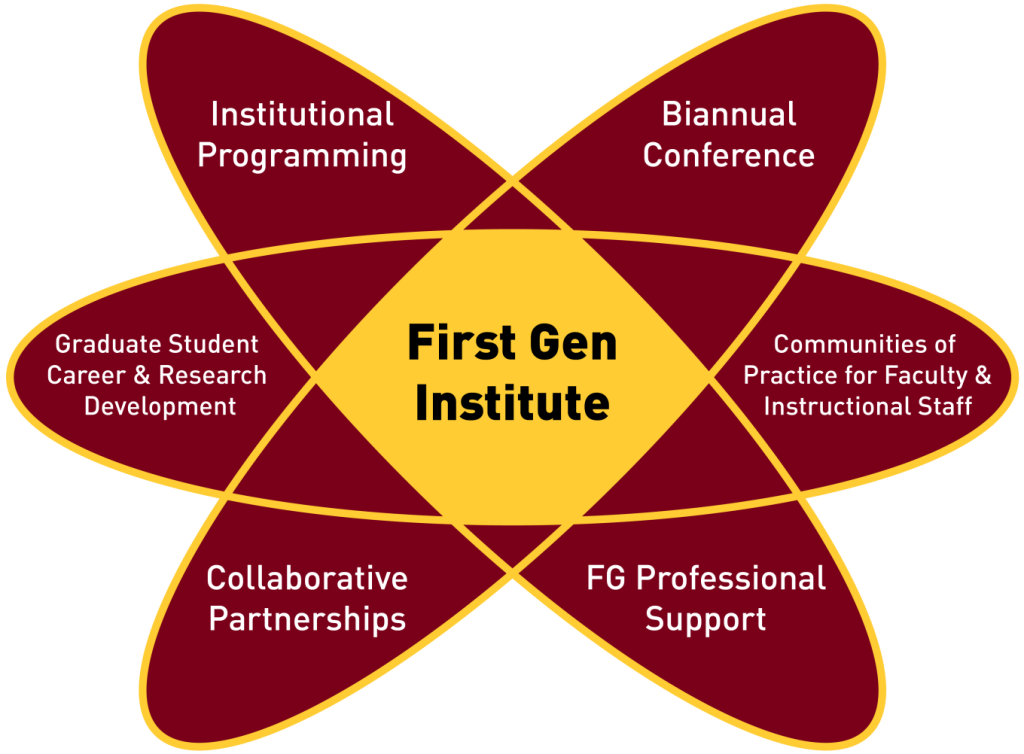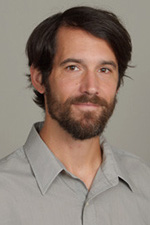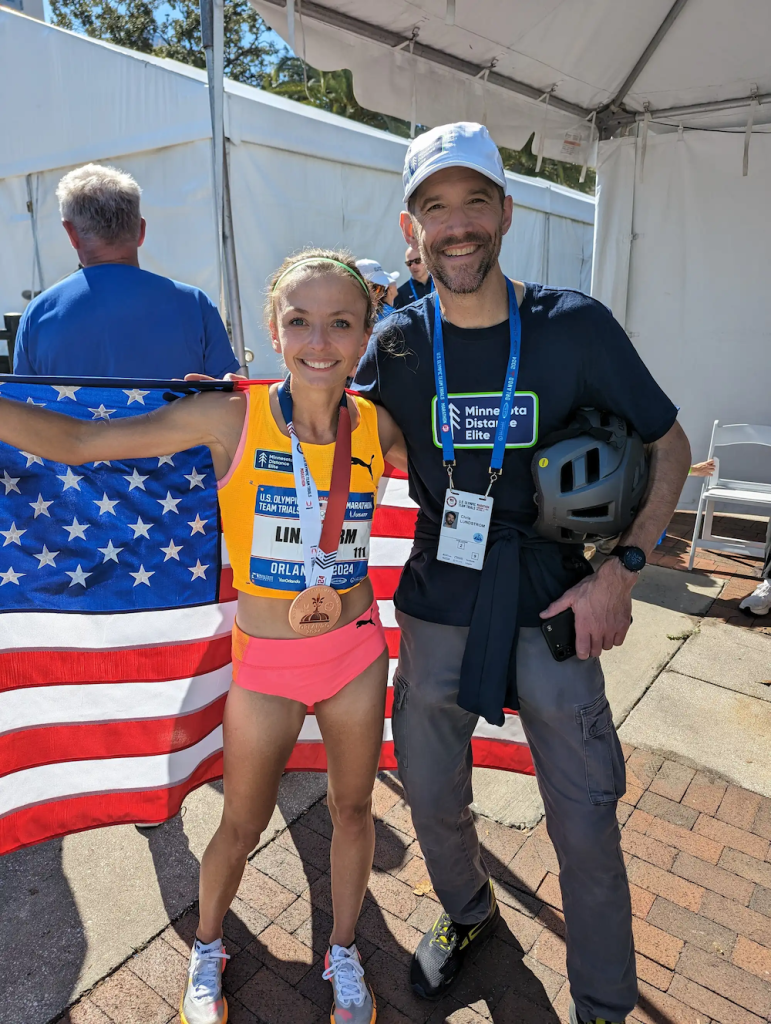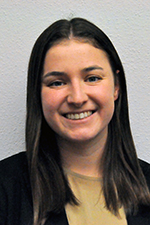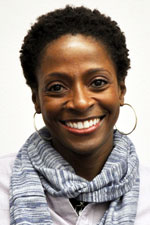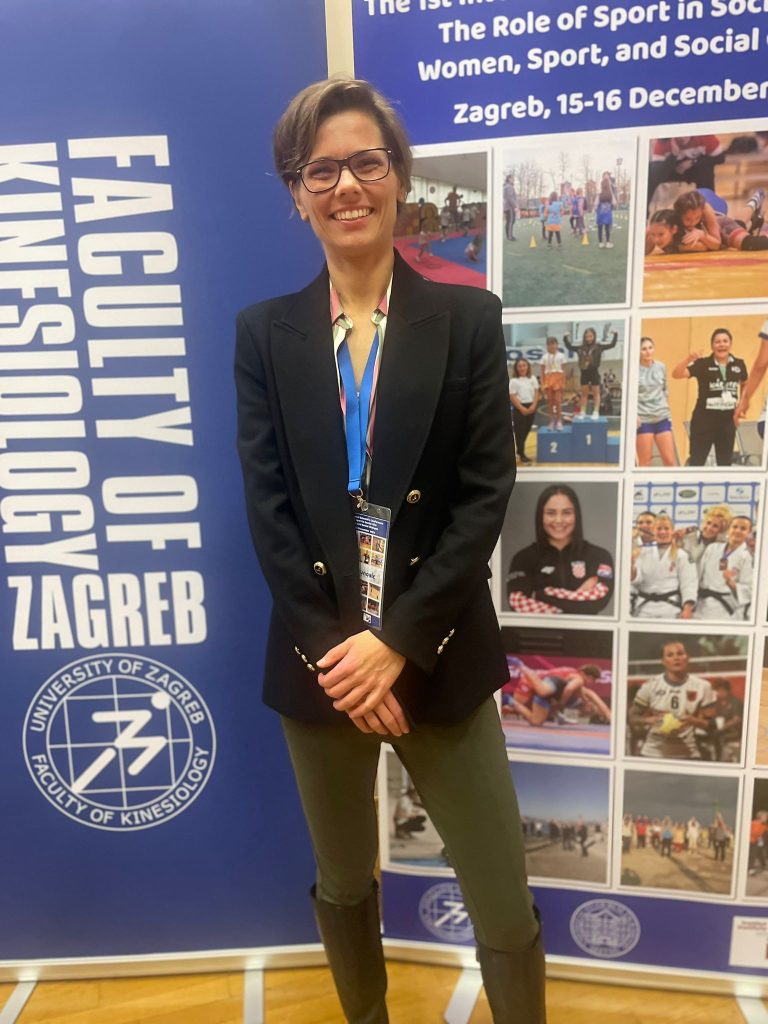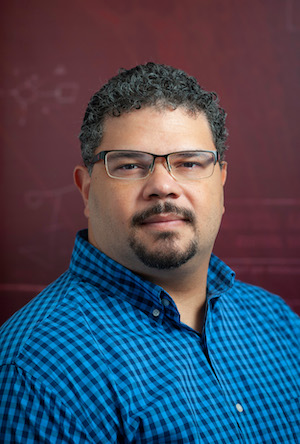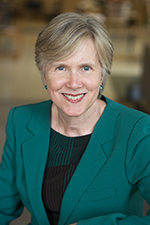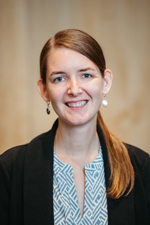
With the generous support of the Office of Undergraduate Education and the Graduate School, the First-Gen Institute has awarded six microgrants in support of first-generation college and graduate students for the 2024-25 academic year. Microgrants are an opportunity for members of the Twin Cities campus community to be awarded funding to support and advocate for the success and persistence of undergraduate and graduate first-generation students. Please join us in congratulating the faculty, staff, and students who have received this award this year.
The awardees are:
- Amanda Niskode-Dossett & Kristin Farrell; Agency Building and Career Decision-Making Seminar: Exploring Majors and Building Connections as a FG Student
- Denise Felder; Networking Mixers & Career Connections: Building Social Capital for CEHD First Gen Students
- Jessica Lopez Lyman; Chicana/Latina, Indigenous Women and Gender Non-Conforming Students, Faculty and Staff Group
- Nathan Jacobson, Scott Daby & True Xiong; Promoting First Generation Student Participation in Learning Abroad
- Ekomobong Eyoh; Expansion of Specific Programming for First Gen Students in the NextGen Psych Scholars
- Roslyn Englund; Mechanical Engineering First Generation Students & Graduate School Persistence
What is the First-Gen Institute?
The University of Minnesota Twin Cities is home to a significant first-generation student community, with approximately 24 percent of undergraduate students and 20 percent of graduate students reporting that they are the first in their family to earn a degree from a 4-year college or university.
The First-Gen Institute uses research and evidence based practices to create spaces for professional development of higher education faculty and staff. The goal is to increase access and success for first-generation college students, graduate students, FG employees, and faculty across higher education initiatives and programs. Through intentionally curated training, professional development, and curricula, the FG Institute de-constructs structural and historical constraints and creates more equitable sites of belonging that recognize the capital of this new majority of students on campus. A critical question it seeks to explore is not whether students are ready for college but how institutions are preparing to be student-ready for the future workforce of the state and nation.

